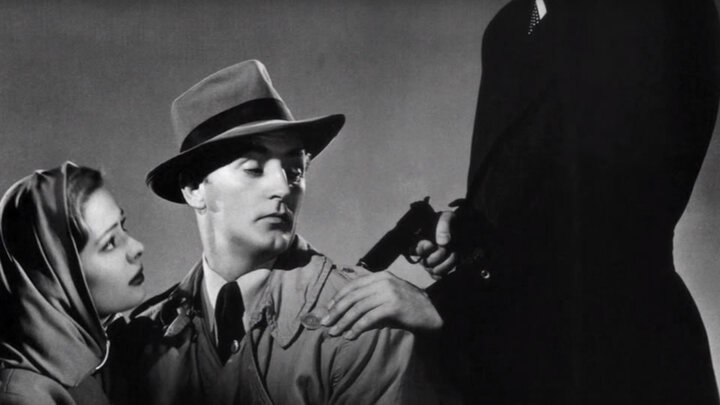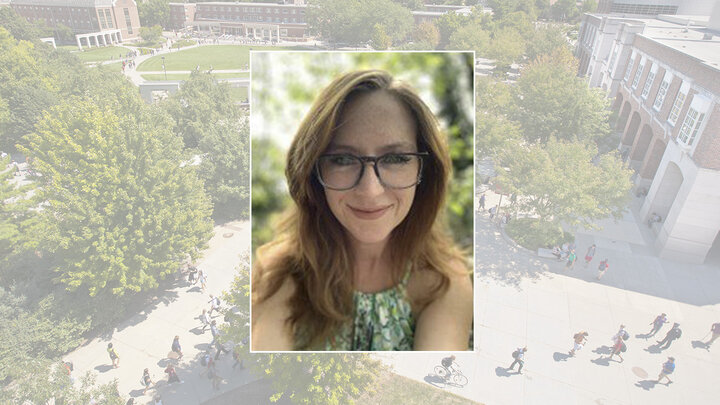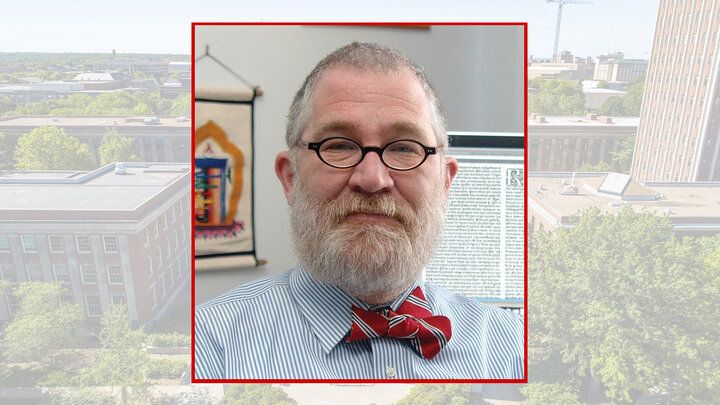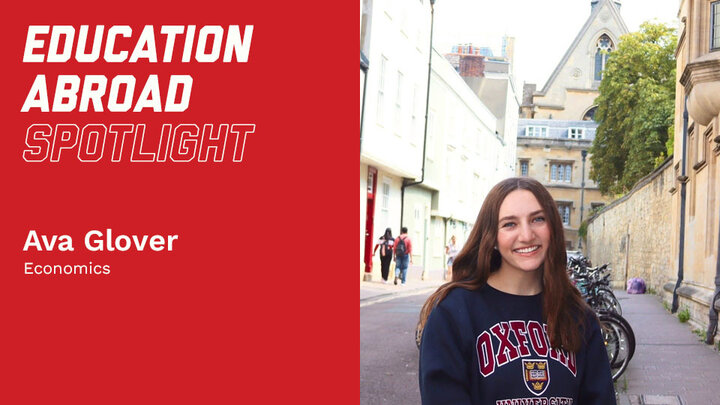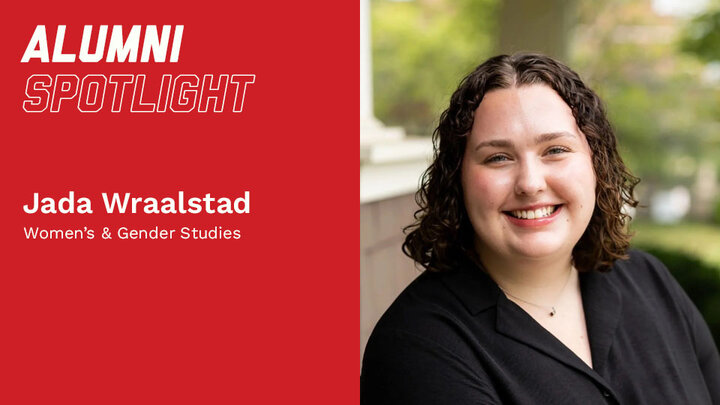From the glossy monochrome of the classic Hollywood romance, to the gritty greyscale of the gangster picture, to film noir’s moody interplay of light and shadow, black-and-white cinematography has been used to create a remarkably wide array of tones. Yet today, with black-and-white film stock nearly impossible to find, these cinematographic techniques are virtually extinct, and filmgoers’ appreciation of them wanes.
"Black and White Cinema" provides a comprehensive and global overview of the era when it flourished, from the 1900s to the 1960s. Dixon introduces readers to the masters of this art, discussing the signature styles and technical innovations of award-winning cinematographers like James Wong Howe, Gregg Toland, Freddie Francis and Sven Nykvist.
This book is the first study to consider black-and-white film as an art form.
Giving us a unique glimpse behind the scenes, Dixon also reveals the creative teams — from lighting technicians to matte painters — whose work profoundly shaped the look of black-and-white cinema. The book includes more than 40 on-the-set still photos.
Black and White Cinema: A Short History
Wheeler Winston Dixon, James Ryan Professor of Film
(Rutgers University Press, 2015, 256 pages)
